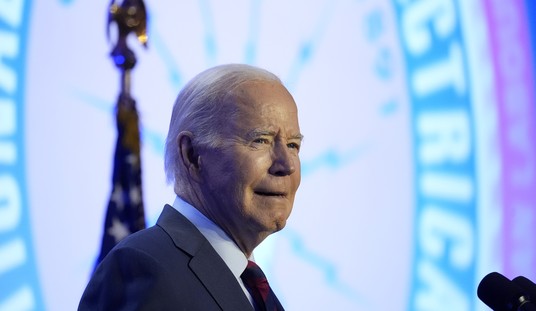The FDA, in cautionary mode, has come up with a meaningless nanotech threshold of 1,000 nanometers. The genius who decided on that number in a draft guidance on nanomaterial regulation has the biotech industry scratching its collective head over this new math.
As I wrote in my first nanotech column for PJMedia, nano is not any one technology at all. It is an enabling technology, the next step in the evolution of many different disciplines. The problem is that there is no definite dividing line between the “old” way of doing things and the nanoscale world.
There is a general agreement that nanotechnology begins at the level of 100 nanometers or less, but that has never been universally accepted and the number, itself, does not mean much. It always looked good on press releases, though, since it’s a nice round number and a good way of introducing the idea that different, counterintuitive, spooky, magical things happen to material at that scale.
That 100-nanometer limit is how nanotech businesses can promote the idea that they’re doing something futuristic-sounding and a way for nanotech detractors to find a dividing line beyond which “here be dragons” and push for regulation.
But, like the quantum world, itself, simply the act of observing it — or, in the case of the FDA, regulating it — has an impact on its development. And the FDA has multiplied that limit by 10 and came up with the 1,000 nanometer threshold.
Natalie Morrison of in-PharmaTechnologist.com reports that the Biotechnology Industry Organization (BIO) is worried that this new definition of nanotech would “mean pointless extra regulation.”
There are many materials in existing pharmaceuticals that already are smaller than this threshold, such as liposomes, emulsions and suspensions, that are already proven to be safe and may contain nanoscale particles, but are not the new, spooky, scary, magical nanomaterials that has regulators around the world worried.
It’s surprising, because the FDA has been studying nanomaterials for a long time and I’d have thought that they would at least know what it is they want to regulate, before they begin regulations. Not a good start to government oversight of nanobiotech.








Join the conversation as a VIP Member